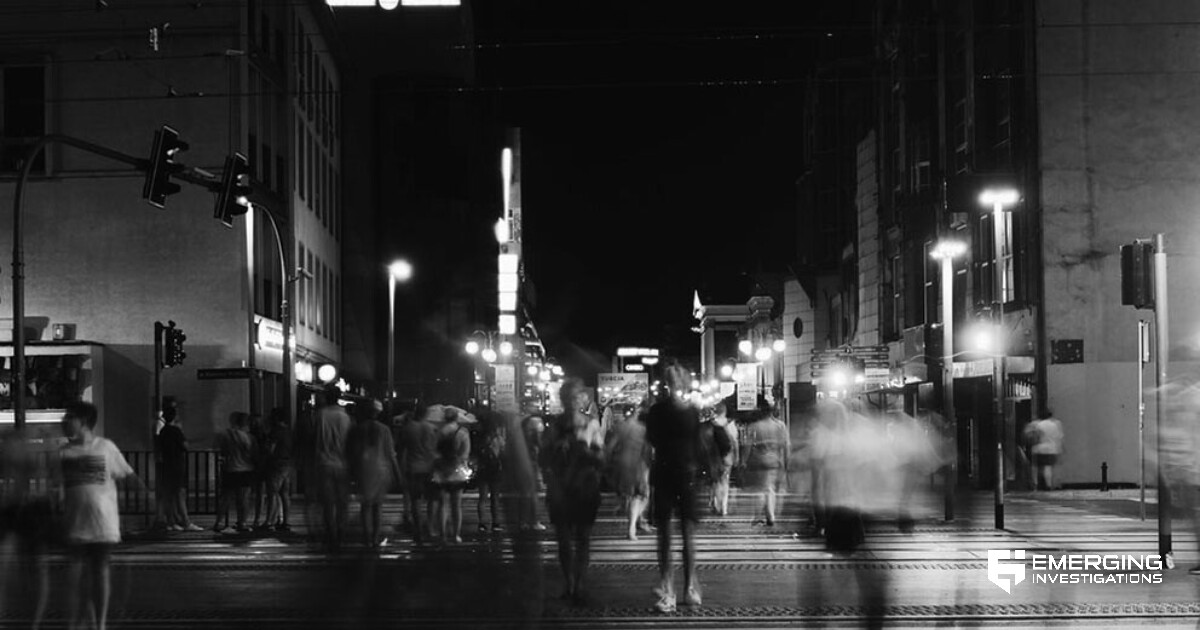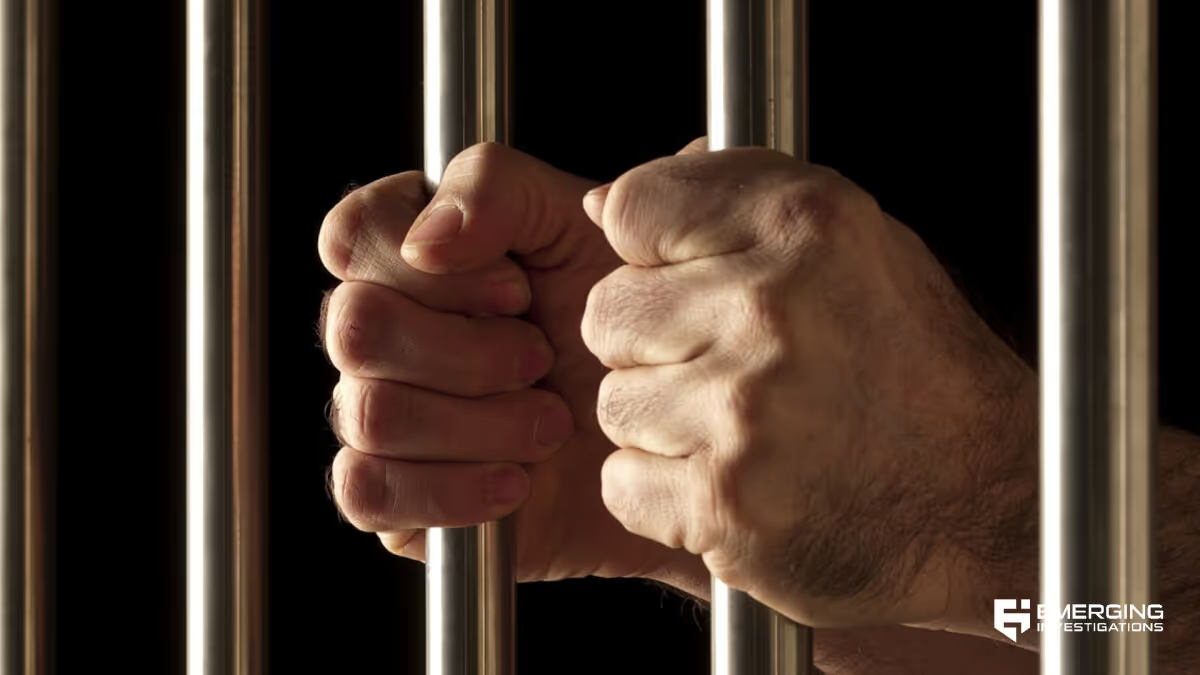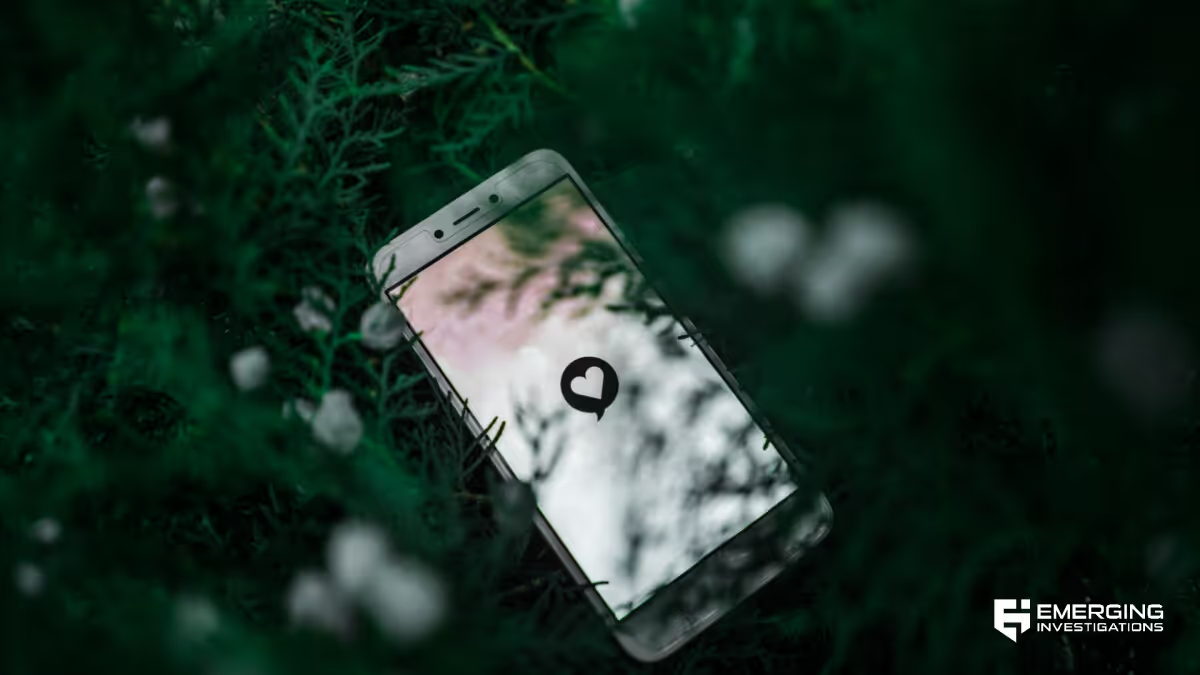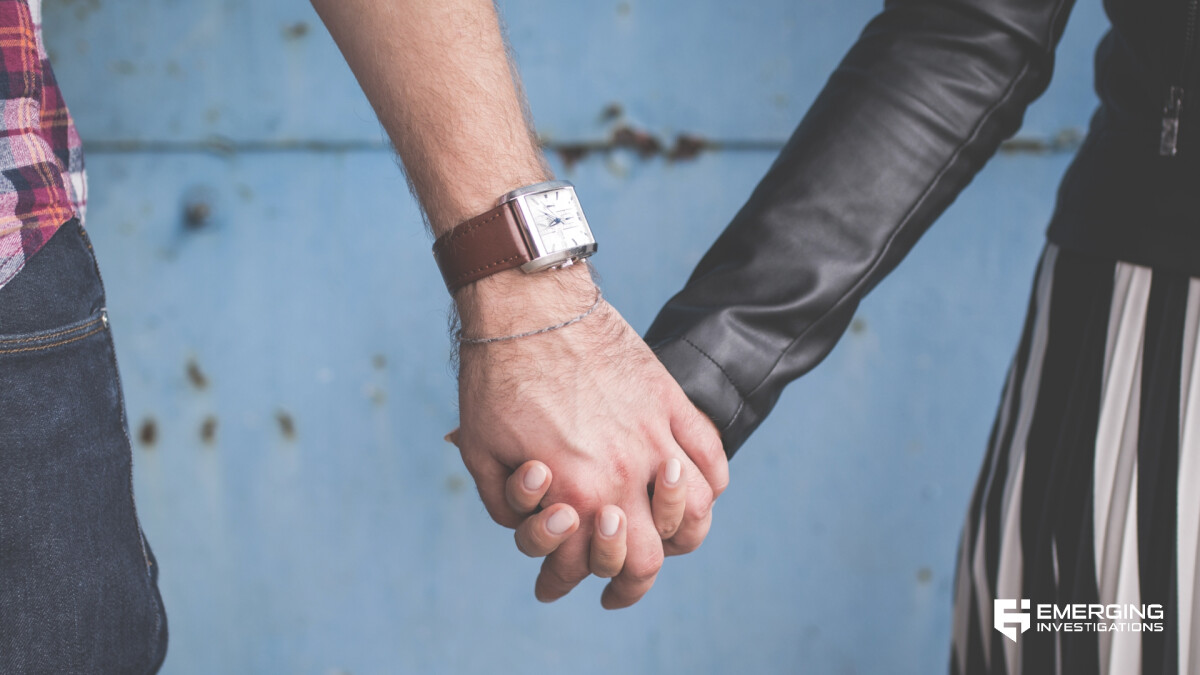When you hear the term "private investigator," your mind might jump to classic movie scenes: trench coats, shadowy figures, and magnifying glasses. While the reality is often less dramatic, the work of a private surveillance investigator is incredibly intricate, strategic, and vital. Far from mere "spying," these professionals operate within strict legal and ethical boundaries to uncover objective truths.
So, what precisely is a private surveillance investigator, and what role do they play in providing clarity and evidence in a world full of unanswered questions? Let's delve into their world.
What Exactly Does a Private Surveillance Investigator Do?
At its core, a private surveillance investigator's job is to observe an individual or group and document their activities discreetly. Their primary goal is to gather irrefutable, factual evidence that can be used in legal proceedings, personal matters, or business decisions. This isn't about baseless accusations; it's about providing concrete proof.
Their work often involves:
Observing Daily Routines: Tracking movements, interactions, and activities over a period.
Documenting Behavior: Using photography, videography, and detailed written logs to record what they see.
Collecting Evidence: Compiling all gathered information into comprehensive reports that can stand up to scrutiny.
The types of cases they handle are diverse, ranging from:
Infidelity Investigations: Providing peace of mind or evidence in divorce proceedings.
Child Custody Disputes: Documenting a parent's living conditions or behavior to ensure a child's best interests are met.
Insurance Fraud Claims: Verifying disability claims or worker's compensation claims by observing activities.
Corporate Investigations: Monitoring employees for theft, embezzlement, or violations of company policy.
The Tools and Techniques of the Trade
Modern private surveillance investigators are equipped with more than just a keen eye. They employ a range of sophisticated tools and techniques:
Discreet Observation
This is the bedrock of their work. It involves blend in seamlessly with their environment, whether from a parked vehicle, on foot, or from a fixed position. Mastering the art of not being seen is crucial.
Advanced Technology
While Hollywood might exaggerate, technology plays a significant role:
High-Definition Cameras: Covert and overt cameras for clear video and photographic evidence, often with telephoto lenses.
GPS Trackers: Legally deployed (with consent or ownership of the vehicle) to track vehicle movements.
Drones: Used sparingly and legally for aerial views in appropriate situations, respecting privacy laws.
Open-Source Intelligence (OSINT): Publicly available information from social media, public records, and news outlets can complement physical surveillance and provide valuable leads.
Meticulous Documentation and Reporting
Every observation, every photo, and every video clip must be meticulously documented. Investigators maintain detailed logs, ensuring timestamps, locations, and descriptions are accurate. These are then compiled into professional reports, often accompanied by chronological video summaries, ready for presentation in court or for client review.
Is It Legal? Understanding the Boundaries
A critical distinction for any professional private surveillance investigator is understanding and adhering to the law. They are not law enforcement and do not possess the same powers. Ethical and legal boundaries are paramount:
No Trespassing: They cannot enter private property without permission.
No Wiretapping: Recording private conversations without consent is illegal in most jurisdictions.
Public Spaces Only: Surveillance primarily takes place in public areas where there is no reasonable expectation of privacy.
Respect for Privacy: While observing, they must avoid violating an individual's fundamental right to privacy.
Reputable investigators are licensed, bonded, and insured, ensuring they operate within the confines of the law and protect both themselves and their clients.
When Should You Consider Hiring One?
You might consider a private surveillance investigator when:
You need objective, unbiased evidence to support a claim or suspicion.
There are significant financial or emotional stakes involved in a dispute.
You suspect infidelity and need clarity before making life-altering decisions.
Your business is suffering losses due to employee misconduct or fraudulent claims.
You need to verify someone's lifestyle or activities in a child custody case.
Hiring a private surveillance investigator can provide the factual basis needed to move forward confidently, whether in a legal battle or a personal matter.
Conclusion
The role of a private surveillance investigator goes far beyond simple "spying." It's a highly skilled profession that combines meticulous observation, strategic planning, technological expertise, and an unwavering commitment to legal and ethical practices. These professionals serve a crucial function in uncovering truths and providing verifiable evidence, offering clients clarity and resolution in complex situations. If you find yourself in need of objective evidence, a professional private surveillance investigator can be an invaluable resource to help you make informed decisions.





